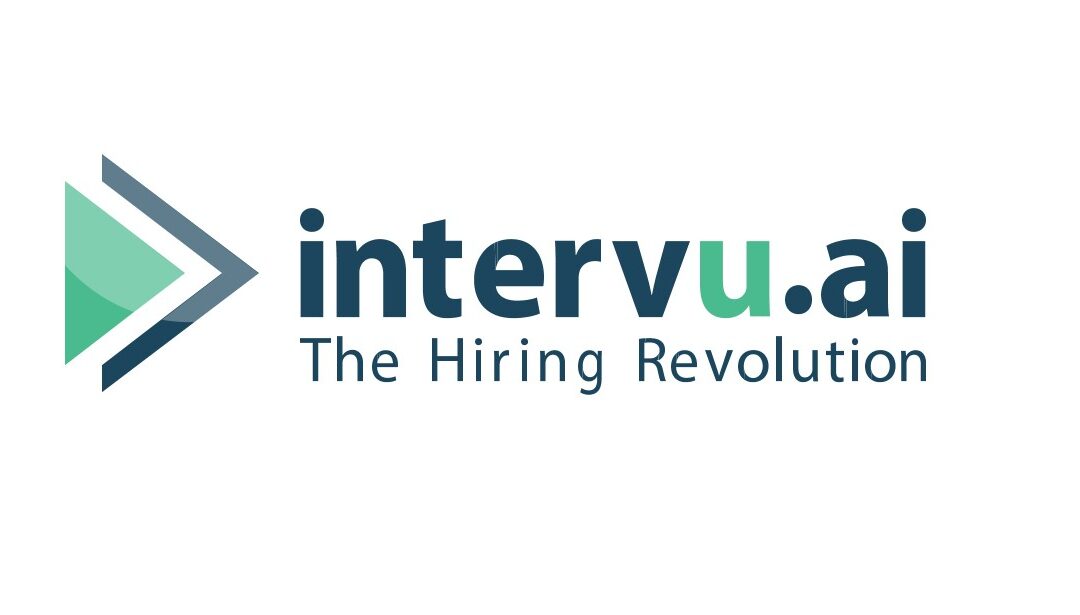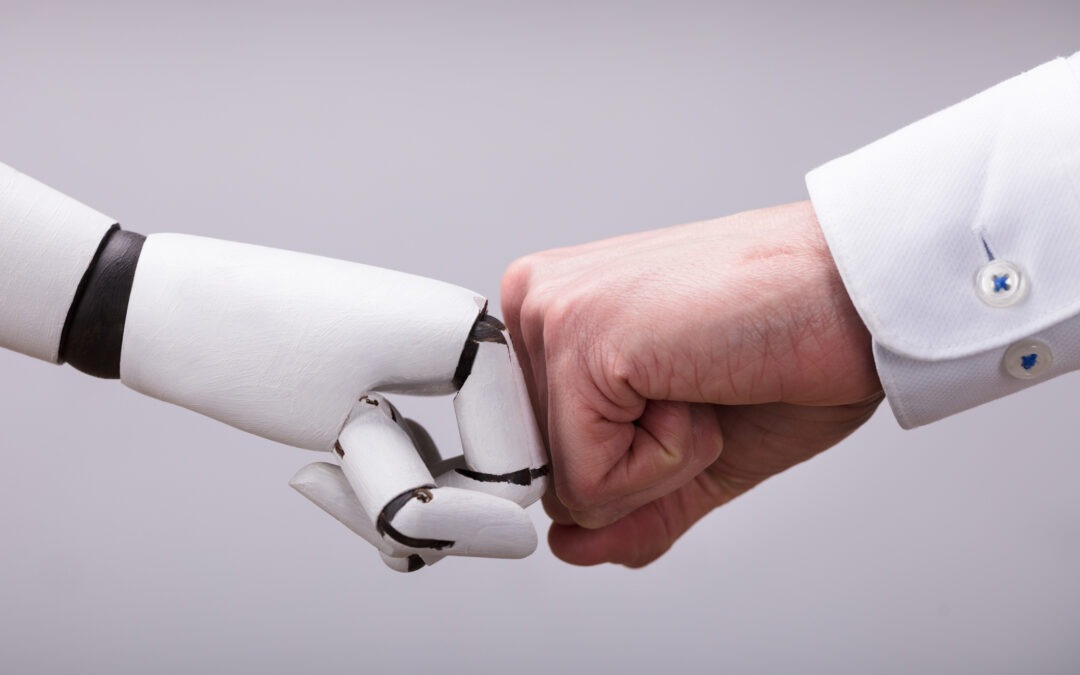AI Acceleration: Adapting Swiftly to the Future of Corporate Innovation
Artificial Intelligence (AI) is revolutionizing corporate innovation, transforming the way businesses operate and compete in the market. Its increasing role is evident in the growing use of AI-powered technologies to streamline operations, enhance decision-making, and drive growth. To stay competitive, companies must adapt swiftly to this technological shift.
AI offers unparalleled opportunities for businesses to optimize their processes, improve efficiency, and unlock new revenue streams. By leveraging AI, companies can gain valuable insights from data, automate routine tasks, and enhance customer experiences. Furthermore, AI enables companies to stay agile and responsive to market changes, positioning them at the forefront of innovation.
Incorporating AI into corporate strategies is no longer a choice but a necessity for businesses looking to thrive in today’s digital landscape. Those who embrace AI will not only survive but also lead the way in shaping the future of corporate innovation.
The Current Landscape of AI in Corporate Innovation
The current landscape of AI in corporate innovation is marked by its widespread adoption across various industries, revolutionizing business operations and strategies. In finance, AI is used for fraud detection, risk management, and algorithmic trading, enabling faster and more accurate decision-making. In healthcare, AI-powered systems assist in diagnosing diseases, personalizing treatment plans, and managing patient data, leading to improved patient outcomes and operational efficiencies.
In retail, AI is employed for customer segmentation, personalized marketing, and inventory management, enhancing customer experiences and optimizing supply chain processes. In manufacturing, AI is utilized for predictive maintenance, quality control, and process optimization, reducing downtime and improving productivity.
In human resources (HR), AI is revolutionizing talent acquisition, employee engagement, and workforce management. AI-powered tools are being used to analyze resumes, screen candidates, and even conduct initial interviews, speeding up the recruitment process and ensuring a more objective selection of candidates. AI is also utilized for employee engagement through sentiment analysis of communication channels, helping HR teams understand employee needs and preferences better. Additionally, AI is assisting in workforce management by predicting employee turnover, identifying skill gaps, and recommending training programs, enabling companies to proactively address HR challenges and optimize their workforce for better performance.
One notable example of successful AI integration is Amazon, which uses AI algorithms for product recommendations, inventory management, and logistics optimization, contributing to its dominance in the e-commerce industry. Another example is Google’s use of AI in its search engine algorithm, which continuously improves search results based on user behavior and preferences.
Benefits of AI in Corporate Innovation
The integration of AI into corporate innovation strategies offers a wide range of benefits that can drive business success and competitive advantage in today’s rapidly evolving market.
The benefits of AI in corporate innovation are profound, impacting efficiency, decision-making, and financial outcomes. Firstly, AI streamlines operations and enhances productivity by automating repetitive tasks and workflows. This automation not only saves time but also reduces errors, leading to more efficient processes and higher productivity levels.
Secondly, AI enables enhanced decision-making through advanced data analysis. By analyzing large volumes of data quickly and accurately, AI can provide valuable insights that would be difficult or impossible for humans to uncover. These insights can inform strategic decisions, optimize processes, and identify new opportunities for innovation.
Furthermore, AI contributes to cost savings and revenue growth by optimizing resource allocation, improving customer targeting, and reducing operational inefficiencies. For example, AI-powered predictive maintenance can help companies avoid costly equipment failures, while AI-driven marketing campaigns can target customers more effectively, leading to increased sales and revenue.
Challenges of Adopting AI in Corporate Settings
The adoption of AI in corporate settings comes with several challenges that organizations must address to maximize its benefits. One significant challenge is integrating AI systems with existing systems and processes. This integration can be complex and time-consuming, requiring organizations to ensure compatibility and seamless operation between AI technologies and their existing infrastructure.
Another challenge is data privacy and security concerns. AI systems rely on vast amounts of data to function effectively, raising concerns about the privacy and security of this data. Organizations must implement robust data protection measures to safeguard sensitive information and comply with regulations such as GDPR and CCPA.
Additionally, the adoption of AI often requires reskilling and change management within the workforce. As AI automates certain tasks, employees may need to acquire new skills to work alongside AI technologies effectively. This requires organizations to invest in training programs and change management initiatives to support employees through the transition.
The adoption of AI also presents challenges to individual employees within organizations. One of the key challenges is the fear of job displacement or the need to acquire new skills to remain relevant in a workforce increasingly driven by AI. This can create anxiety and uncertainty among employees, requiring organizations to provide adequate support and training to help them navigate these changes. Additionally, the introduction of AI may require employees to adapt to new ways of working and collaborate with AI systems, which can be challenging for some. The adoption of AI also presents challenges to individual employees within organizations, including the fear of job displacement. As AI technologies automate tasks that were previously performed by humans, there is a concern among employees about the possibility of being replaced by machines. This fear can create resistance to AI adoption and impact employee morale and productivity.
Addressing these challenges requires a strategic approach, with organizations focusing on building a strong foundation for AI adoption, ensuring data privacy and security, and supporting their workforce through reskilling and change management efforts. On the other hand, organizations need to communicate transparently about the role of AI in the workplace and provide reassurance to employees that AI is meant to augment their work, not replace them.
Best Practices for Integrating AI into Corporate Innovation
Integrating AI into corporate innovation requires careful planning and implementation to ensure its effectiveness and alignment with business goals. One best practice is conducting a thorough AI readiness assessment, which involves evaluating the organization’s technological capabilities, data readiness, and organizational readiness for AI adoption. This assessment helps identify potential challenges and opportunities for AI integration.
Developing a clear AI strategy aligned with business goals is also essential. This strategy should outline how AI will be used to achieve specific business objectives, such as improving operational efficiency or enhancing customer experiences. It should also define key performance indicators (KPIs) to measure the success of AI initiatives and ensure alignment with broader business strategies.
Ensuring transparency and ethical AI use is another critical best practice. Organizations should be transparent about how AI is being used and ensure that its use complies with ethical standards and regulations. This includes ensuring fairness, accountability, and transparency in AI decision-making processes.
AI is expected to continue shaping corporate innovation by enabling businesses to stay competitive, adapt to changing market conditions, and drive growth and profitability.
The future of AI in corporate innovation is expected to bring about significant advancements and transformations. One key trend is the continued integration of AI into various aspects of business operations, leading to increased automation and efficiency. AI is also expected to play a crucial role in enabling data-driven decision-making, with more advanced analytics and predictive capabilities.
Emerging technologies such as machine learning, natural language processing, and robotic process automation are going to have a profound impact on corporate innovation. These technologies will enable businesses to streamline processes, personalize customer experiences, and develop innovative products and services. Additionally, the rise of AI-powered technologies such as autonomous vehicles, drones, and smart devices will revolutionize industries such as transportation, healthcare, and manufacturing.
As AI becomes more integrated into corporate operations, employees will need to adapt to working alongside these technologies. One key aspect of this adaptation is fostering a culture of collaboration between humans and AI, where employees see AI as a tool to enhance their capabilities rather than a threat to their jobs. By promoting a positive and inclusive approach to AI integration, organizations can help employees embrace AI as a valuable asset in driving innovation and growth.
In conclusion, the rapid advancement of AI technology presents a compelling opportunity for companies to drive innovation and stay competitive in today’s fast-paced business environment. Adapting swiftly to AI is not just an option but a necessity for businesses looking to thrive and succeed in the future.
By embracing AI, companies can unlock new levels of efficiency, productivity, and decision-making, leading to improved performance and profitability. It allows for the automation of routine tasks, enabling employees to focus on more strategic and creative endeavors. Additionally, AI enables businesses to gain valuable insights from data, leading to better-informed decisions and a deeper understanding of customer needs.
Therefore, the time is now for companies to embrace AI and integrate it into their corporate strategies. Those who do will be well-positioned to drive future growth and success, while those who hesitate risk falling behind. Embracing AI is not just about staying relevant; it’s about paving the way for a more innovative and prosperous future.





